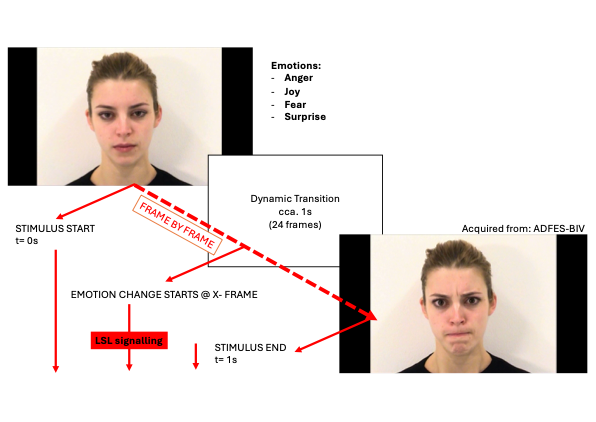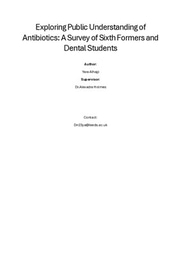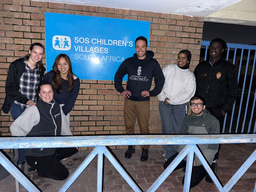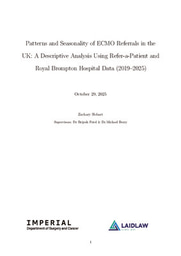Freedom to Fail, Freedom to Grow: Exploring Cervical Dystonia Through EEG Research

EEG? Engineering? Medicine? Do these things actually belong together? You can bet I had all of these questions starting my Laidlaw journey. And as I got to experience, in some weird way, neuroscience is the perfect overlap between those fields. But isn’t that a really complex, abstract and difficult-to-understand field? What if I told you it took me six weeks of my 6-week research project to understand how much I don’t understand?
Okay, so let’s start with some basics… I used EEG or electroencephalography (I know, a very fancy way of saying “I recorded your brain”) on some of my friends. Cervical Dystonia? Big words even for someone who’s studying medicine, trust me, but basically a condition causing involuntary contractions of your muscles. But people suffering from it also have difficulty in social context, getting angry and offended by their family, because they may process emotions slower, misinterpreting social cues etc. Best way to investigate it? Try and stimulate emotions and observe the neurological response. What I was trying to achieve was a somewhat novel approach in that I was using videos instead of pictures to try and elicit those responses. That was probably difficult to understand so maybe the picture below helps (probably not, I’m terrible at explaining this, ask my mates).

If you got through the text above, well done, welcome to my honest thoughts about how this experience was for me (no spoilers, but it was a rollercoaster). "Freedom to fail, freedom to grow sounds" really deep, but it genuinely describes my initial frustration with my supervisor and eventual deep appreciation for his approach. It’s not the first time I’d done research, nor the last time, but definitely the first time I was left to myself this much. And it wasn’t a bad thing. The first day was a nightmare, I got back from my holiday and now I’m supposed to do something by myself. Take that as little instruction and guidance, just follow the plan you spent 10 minutes on back in February.
Okay so it wasn’t that bad, but I genuinely wasn’t sure what to do. I looked at video databases for the day and realised I spent hours doing something I thought would take less than 60 minutes. You must be thinking, learn to use Google or Google Scholar and stop complaining. And completely valid, I was out of depth and failed miserably at every step. Or so I thought- a week later I managed to make some progress. But every week there seemed to be something new that I failed at. Learn how to code in this very niche programming language nobody uses? No problem I’ll have a mental breakdown. Understand the intricacies of EEG and Cervical Dystonia pathology? One more cannot hurt, can it? It really can’t and it didn’t, to grow one must fail. And day by day I slowly marched on, much too often stopping for a quick break. As you can tell being persistent is not my strong suit, but creativity is, and through those ups and downs my experience grew and grew. In turn, that allowed my creative side to prosper and I improved at dealing with adversity. And all of that was possible due to the freedom my supervisor gave me.
You might be wondering where he was through all that. Off in the Bahamas? Not really, in his office next door or usually a quick message away, but crucially he didn’t involve himself too much in my work, nor was he controlling or giving me strict instructions. He was there when I needed him most- and that is key. Understandably, I was lost and wanted someone to make that feeling go away by making it easier and showing me the way. But soon I realised that by letting me figure it out on my own, he was in fact helping me- big time! Had he been more involved, my becoming an independent and curious researcher was off the table. I’d of course go to him for advice, but usually with a very clear idea of what I wanted to ask and where his input was needed. And he shined in those moments, giving me just the right amount of guidance (or freedom) and reassuring me when I needed encouragement.
Glad I got that off my chest, sorry for the trauma dump, I’ve been carrying it around for too long. Now there is one important question in every research. Did you or did you not confirm your hypothesis? Not trying to be sarcastic, but… So I’ll instead answer the following question. Did you fail and did you grow? Yes, absolutely! With lots of freedom thanks to my supervisor. We need to fail to grow. I failed for six weeks but succeeded in the end.
Svit Pestotnik Stres, Laidlaw 2024 Cohort, TCD Medicine 4th year





Please sign in
If you are a registered user on Laidlaw Scholars Network, please sign in